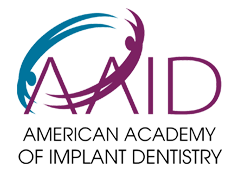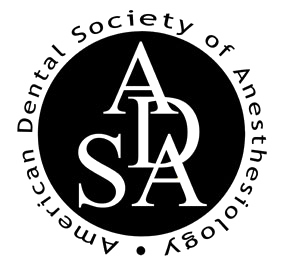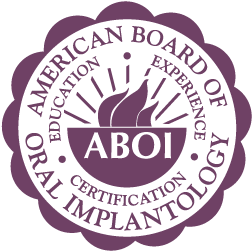The History Of Dental Implants
Dental implants as we know them today were largely developed from research at Cambridge University in the 1950’s. During this research, workers placed small titanium pieces into the soft tissue of rabbit ears. The Swedish orthopaedic surgeon, Per-Ingvar Brånemark also did comprehensive studies in 1952 using rabbit ears to study bone healing and tissue regeneration.
Following Brånemark’s study, he attempted to retrieve the titanium pieces from the rabbits and found that the pieces were permanently fused to the tissues. He observed that the new bone growth had effectively adhered to the metal in a permanent manner. Brånemark went on to conduct further studies using both animal and human subjects. All of his studies confirmed the unique properties of titanium.
In 1965, Brånemark used his first human volunteer to install a titanium dental implant. He observed that there was a high rate of missing teeth in the general population and these patients offered the possibility of more subjects for his widespread study. Brånemark was the one who coined the term “osseointegration” to describe the process of bone tissues fusing with titanium.
What Are They?
Today, dental implants have come a long way since their early beginnings. In fact, because of a success rate in the high 90’s, this treatment is now being referred to as the standard of care in tooth replacement treatment. However, in simplest terms, dental implants are an artificial tooth root that serves as a permanent foundation for a natural-looking replacement tooth.
The dental implant itself is composed of three individual parts: a root (fixture), a middle piece (abutment), and a replacement tooth (crown). Once these parts have healed, the pieces make a stunning new tooth that looks, feels, and works just like your real teeth.
What Is Osseointegration?
The unique way that the material of the implant fuses with your jawbone is called osseointegration. This amazing quality of titanium is believed to be the main reason dental implants have become so popular and successful. In addition to replacing missing or damaged teeth, dental implants can also help maintain or restore the shape and volume of your jawbone. This means that sunken facial features and premature wrinkles can be permanently and easily repaired. Dental implants can also help you eat, chew, smile, and talk normally again.
How Long Does It Take To Get Implants?
Dental implants process times vary from patient to patient. Replacing multiple teeth or getting supplemental procedures may add additional healing time for patients. If supplemental procedures are not required, then the whole process can take anywhere from 3 to 8 months to complete. If you would like to know more about the process or supplemental procedures, please check out our supplemental procedures page.
Can I Get Started Now?
Once you have made the decision to replace your missing teeth with stunning dental implants, your first step should be to schedule a consultation with Dr. Grubb. This initial examination will help you find out if dental implants are a good option for you, your needs, and your budget. This initial examination also involves a careful inspection of your mouth, teeth, and gums to see if your mouth, gums, and bone tissues are sufficient for dental implants placement. If your jaw or gum tissues are not healthy, one or more supplemental procedures may be required before your dental implant placement.
Learn More Directly From Dr. Grubb
Now is a great time to get started on your best smile ever with stunning dental implants from Family Implant & Reconstructive Dentistry! Dental implants are a wonderful option with lots of satisfied patients that can testify to their natural look, amazing feel, and exceptional function. If you live in the Havre de Grace, MD area and want to experience the superior qualities of dental implants for yourself, please call us for your no-obligation consultation.






